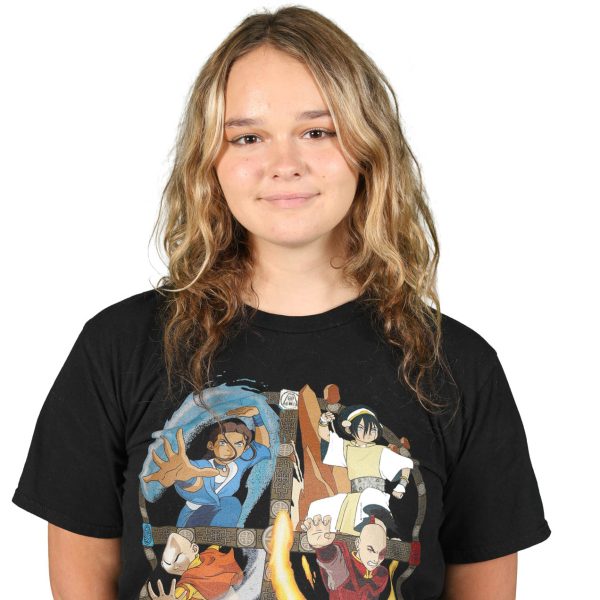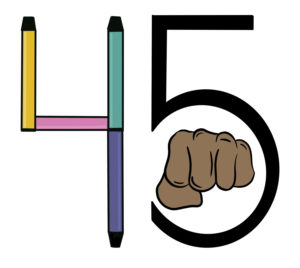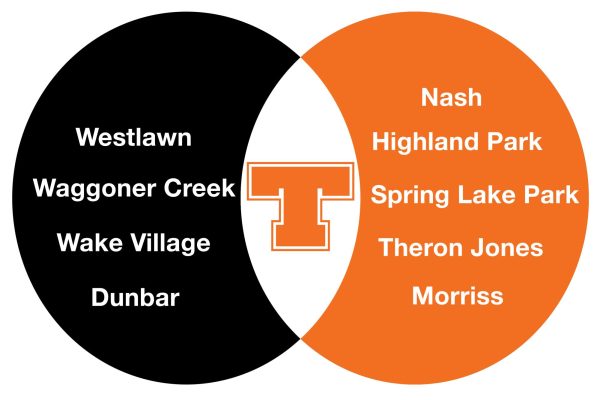Social media will box you in
Popular trends lead to negative unity
Junior Nashita Kalam braids her hair as she watches a YouTube tutorial on a popular hair style. Social media has influenced different trends throughout today’s world, attracting a younger generation to fit in certain standard.
May 15, 2023
Social media is an outlet for people across the globe to connect and relate on various platforms. However, the categorization of people– through stylistic choices, personality types and political opinions– pushes impressionable people to fit into a box.
Finding community in like-minded people who have shared similar experiences can be comforting, but it’s important to steer away from limiting yourself to labels. The National Institute of Health describes social categorization as “[Helping] people navigate the complex social world by allowing them to reason about others’ likely thoughts, beliefs, actions, and interactions as guided by group membership. Yet, social categorization often has nefarious consequences.”
These consequences hold the ability to perpetuate stereotypes, especially in the social media multiverse, where so much information and so many people are just a few clicks away. This unification with social justice movements, such as Black Lives Matter, spread awareness on racial discrimination and police brutality. The opposite effect can occur with online movements such as misinformation on COVID-19 vaccines and January 6th, when the capitol was stormed after former president, Donald Trump, sent his supporters into vengeful rampage over a Twitter post.
With self identity, particularly, aesthetics can push users towards extremist ideologies. On a lighter hand, the “clean girl aesthetic” that floods our TikTok ‘For You’ pages shows the perfect girl who never has a hair on her head out of place, cooks her own healthy meals, drinks tons of water and works out twice a day. This unrealistic lifestyle can deteriorate womens’ perceptions of themselves, even if that stems from a 15-second video.
Men deal with this on another level, having gender roles being pushed onto them in their childhood, with expectations of “being a strong masculine man who doesn’t cry”, then being sucked into the whirlwind of misogynistic male content creators. Toxic masculinity is all over the internet with online personalities like Andrew Tate trying to recruit impressionable young men trying to find their purpose, whether it be trading their morals for money, fame, or most importantly a Bugatti through his social media platform.
The obscurity of the classifying system– sigma, alpha and beta males and red pill lifestyle– impacts mens’ mental health by pushing them to cut off their emotions by taking the red pill, or as best described on an online forum, “The far-right red pill encourages these individuals to abandon their residual empathy in the name of ‘truth’, which is reflected in the slogan: ‘facts don’t care about your feelings’.”
Don’t get it wrong, it’s wonderful that young people are getting into politics and educating themselves, but the herd mentality that social media creates pushes young people to put themselves in one box. If you’re pro-choice then you must be a liberal, if you’re against capitalism you’re a socialist and if you’re Christian you must be a republican. Many call these conflicting views, but we must give people more credit by recognizing that we’re multifaceted.




















